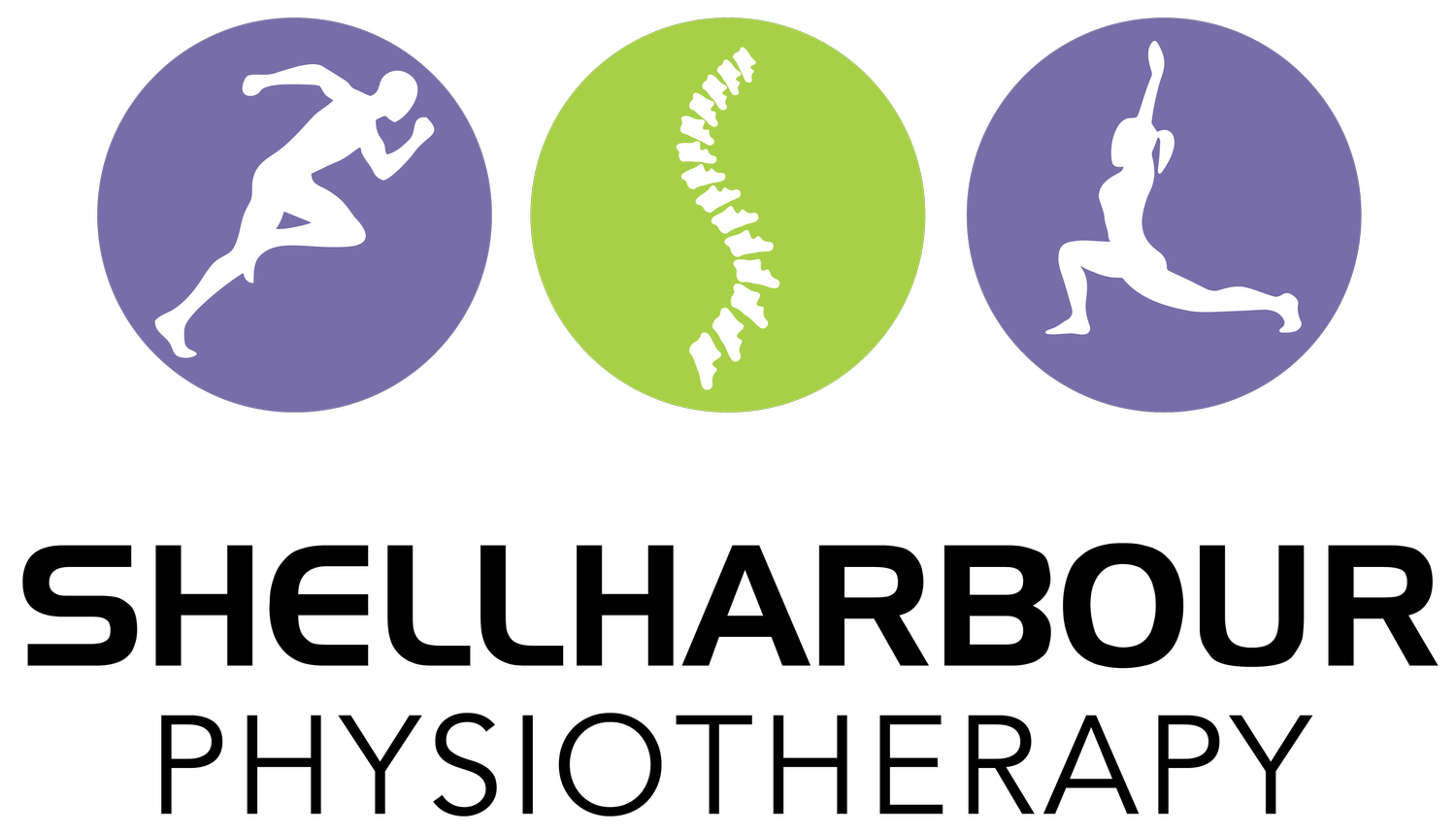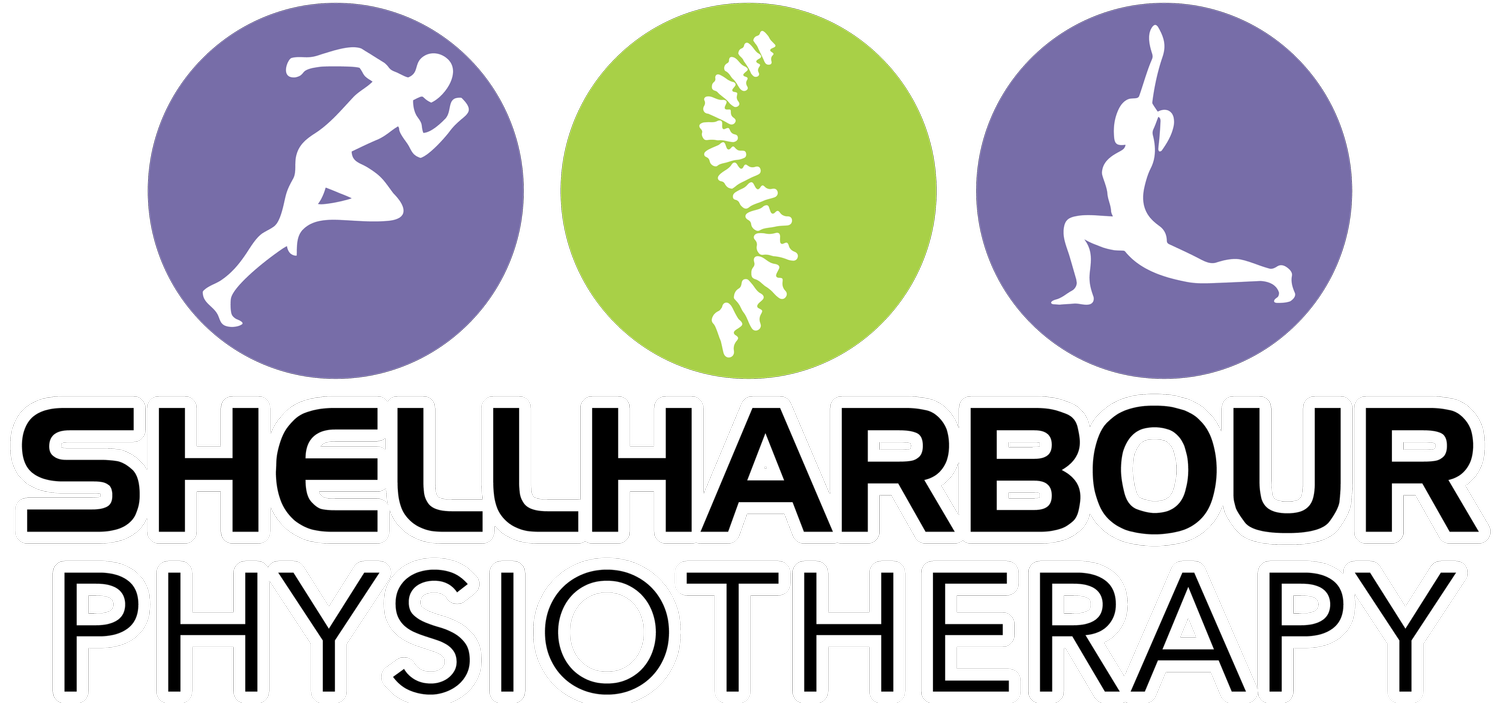IMPORTANCE OF SLEEP
For most patients, focusing on the basics is far more beneficial than any tool, with sleep being one of the main pillars of performance and recovery.
I’m often asked for my opinion on massage guns, cryotherapy, compression boots, cupping and other recovery tools.
Most people have seen their favourite athletes posting on social media using these tools.
They’re at the top of the game, so they must be doing something right…
Unlike most people, professional athletes have mastered the basics and can use these tools to give them an edge in a competition.
WHY IS SLEEP IMPORTANT?
Most people understand the need to optimise diet and training to ensure peak performance but often neglect sleep as an integral element of recovery. Sleep is an important time for our body’s growth, recovery and hormone regulation.
When we’re asleep our bodies release growth hormone and lower cortisol (stress hormone) to repair injuries.
It’s also an important time for the nervous system to relax so our body can restore brain function and memory storage.
Sleep also releases cytokines (proteins) that help the body's immune system fight infection and inflammation.
HOW DOES SLEEP HELP?
Sleep plays a crucial role in injury prevention, management and athletic performance. One study of high school athletes found that those who slept less than 8 hours per night were 1.7 times more likely to sustain an injury than those who slept more than 8 hours per night.
Having poor or interrupted sleep has also been found to decrease a person's pain threshold.
Furthermore, studies indicate that both aerobic performance and jump height are negatively affected when sleep is limited to 4 hours or less compared to normal. Insufficient sleep increases the risk of injury, sensitivity to pain and decreases overall athletic performance.
TIPS FOR BETTER SLEEP
You’re probably wondering what you can do to help improve the duration and quality of your sleep.
Start by looking at the layout of your bedroom. A cool, comfortable, dark and quiet room is ideal for most people.
Setting a regular sleep schedule (bedtime and waking time), avoiding screen-time for 30 minutes before bed, and doing something relaxing before bed are also beneficial.
My final tips would be to exercise during the day and avoid caffeine within 6 hours of going to bed.


